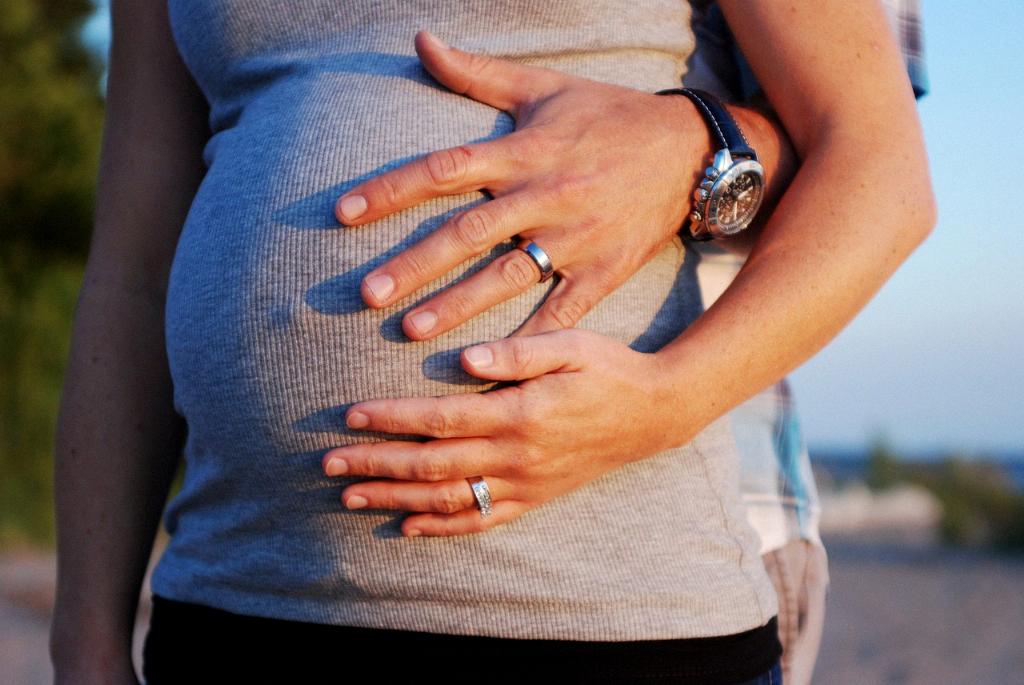When exploring the boundaries of human fertility, the case of the oldest woman to give birth serves as a remarkable testament to the advancements in reproductive technology and the changing societal norms surrounding pregnancy and motherhood. The recorded age of the oldest mother to have conceived stands at an astonishing 74 years, a feat that defies traditional expectations and challenges the perception of when motherhood can occur.
Breaking Barriers in Reproductive Medicine
Thanks to advancements in reproductive medicine, women well into their later years have been able to conceive and carry pregnancies to term. In the United Kingdom, statistics from the Human Fertilisation and Embryology Authority reveal that more than 20 babies are born to women over the age of 50 each year through in vitro fertilization, often utilizing donor eggs to facilitate conception.
Redefining Motherhood and Fertility
The trend of women giving birth at older ages highlights a shift in societal attitudes towards motherhood, with many women choosing to prioritize career goals, personal development, or simply delay starting a family until later in life. This redefinition of the traditional timeline for motherhood underscores the importance of empowering women to make informed choices about their reproductive health.
Challenges and Considerations
While the ability for women to conceive at advanced ages opens up new possibilities, it also raises important considerations regarding the physical and emotional demands of pregnancy and parenting later in life. Advanced maternal age is associated with increased risks of pregnancy complications and health concerns for both the mother and child, necessitating careful medical monitoring and support throughout the pregnancy and beyond.
The Role of Assisted Reproductive Technologies
Assisted reproductive technologies, such as in vitro fertilization (IVF) and the use of donor eggs, have played a significant role in enabling older women to pursue motherhood. These technologies offer viable options for women who may face challenges with natural conception due to age-related fertility decline or other medical factors, providing a pathway to fulfilling their desire for motherhood.
Ethical and Social Implications
The increasing prevalence of older women giving birth through assisted reproductive means has sparked discussions surrounding the ethical considerations of fertility treatments, as well as societal perceptions of age and motherhood. Debates regarding parental longevity, age-related health risks, and the impact on children born to older parents underscore the complex interplay between medical advancements and social norms.
Supporting Women’s Reproductive Choices
Empowering women to make informed choices about their reproductive futures is essential in navigating the evolving landscape of motherhood and fertility. Access to comprehensive reproductive healthcare, fertility counseling, and age-appropriate resources can help women make decisions aligned with their personal goals and values, ensuring that they receive the support needed to navigate the complexities of conception and pregnancy.
Health and Wellness Considerations
As women pursue motherhood at older ages, prioritizing health and wellness becomes paramount in ensuring a safe and successful pregnancy journey. Regular medical check-ups, healthy lifestyle choices, and open communication with healthcare providers are crucial elements in supporting the well-being of both the mother and the developing baby throughout the pregnancy process.
Embracing Diversity in Motherhood
The diversity of women choosing motherhood at various stages of life showcases the richness and complexity of individual reproductive journeys. By embracing this diversity and recognizing the myriad paths to motherhood, society can foster a culture of inclusivity and support for women of all ages who embark on the transformative experience of becoming a parent.
Nurturing Relationships and Bonds
Regardless of age, the journey of motherhood is characterized by the profound connections and relationships that form between a parent and child. Building strong bonds, fostering emotional connections, and providing a nurturing environment for the child’s growth and development are universal aspects of motherhood that transcend age boundaries and reflect the enduring essence of parental love.
Continued Exploration and Understanding
The case of the oldest mother to give birth serves as a testament to the boundless possibilities and evolving landscape of fertility and motherhood. As we continue to explore the intersection of reproductive technology, societal norms, and individual choices, it is essential to approach the topic of maternal age with empathy, understanding, and a commitment to supporting women in their unique paths to parenthood.
Celebrating the Diversity of Motherhood
In celebrating the diversity of motherhood and the remarkable journeys of women who choose to become mothers at older ages, we honor the strength, resilience, and unwavering commitment that underpin the profound role of mothers in shaping the future generation. Each story of motherhood, regardless of age, is a testament to the power of love, dedication, and the enduring bond between a parent and child.

